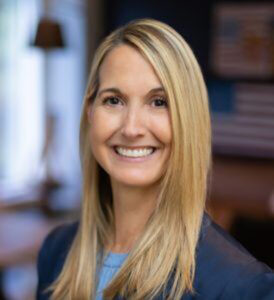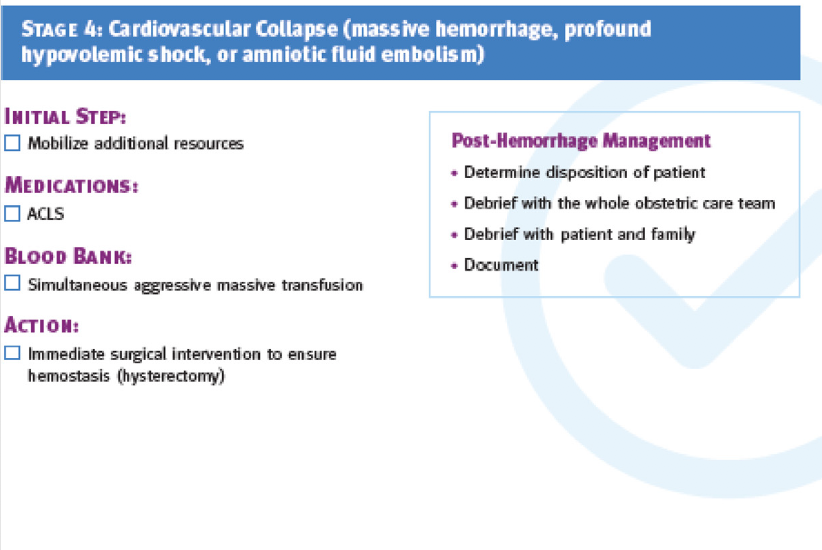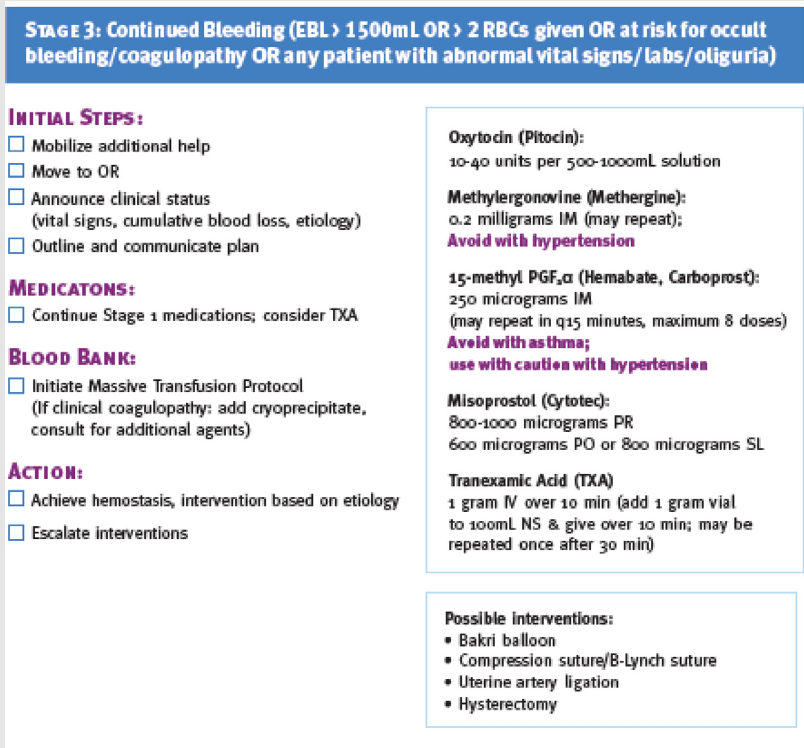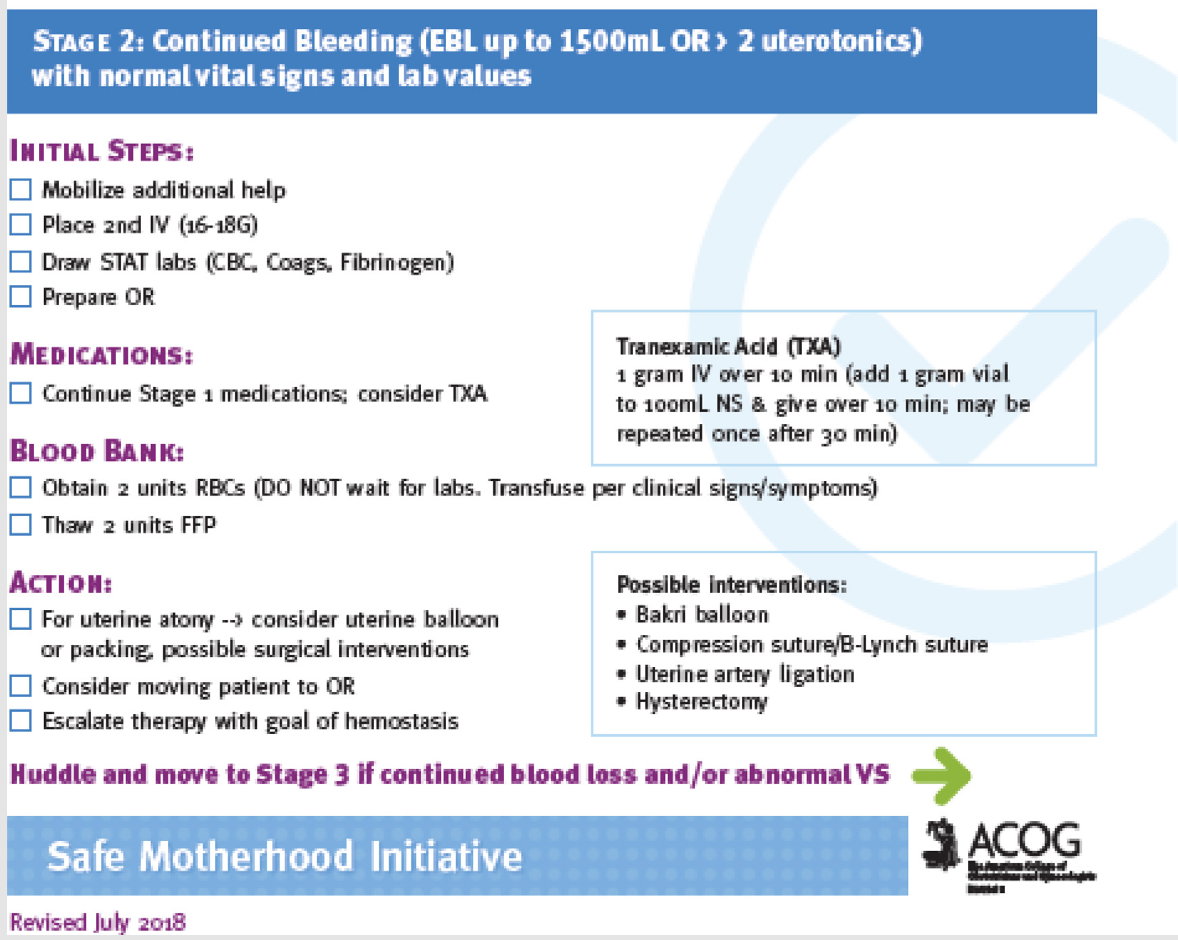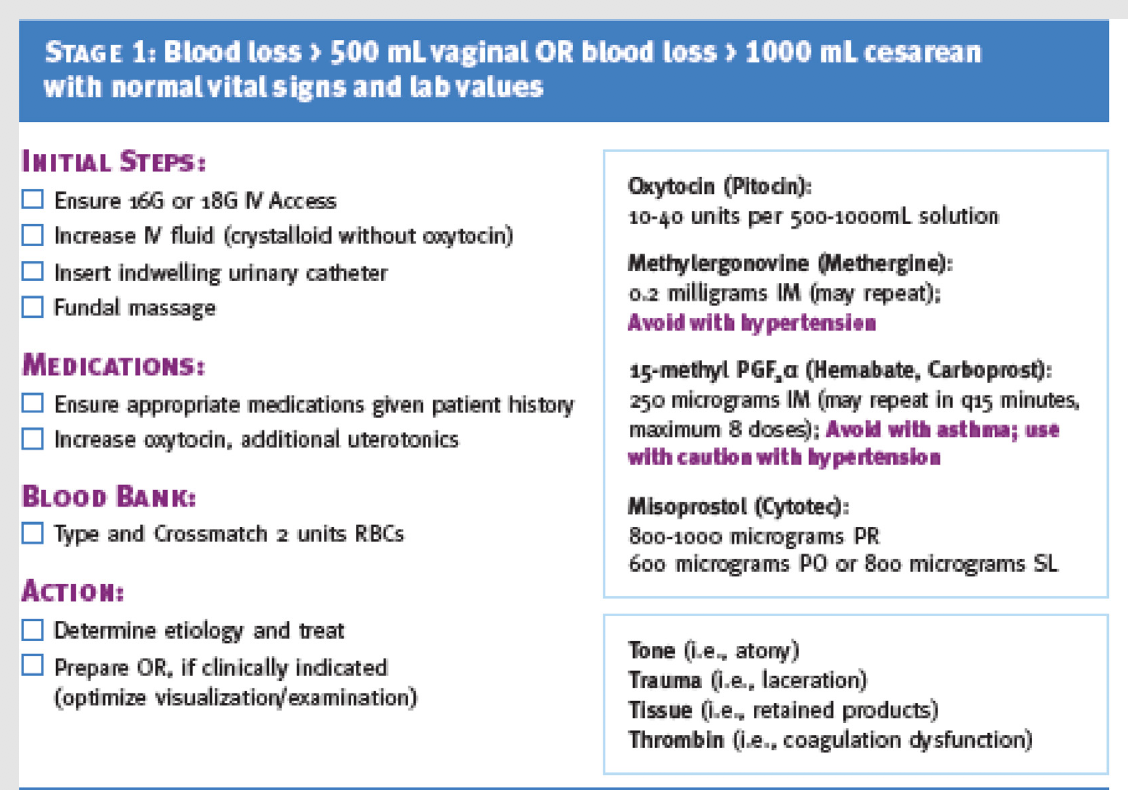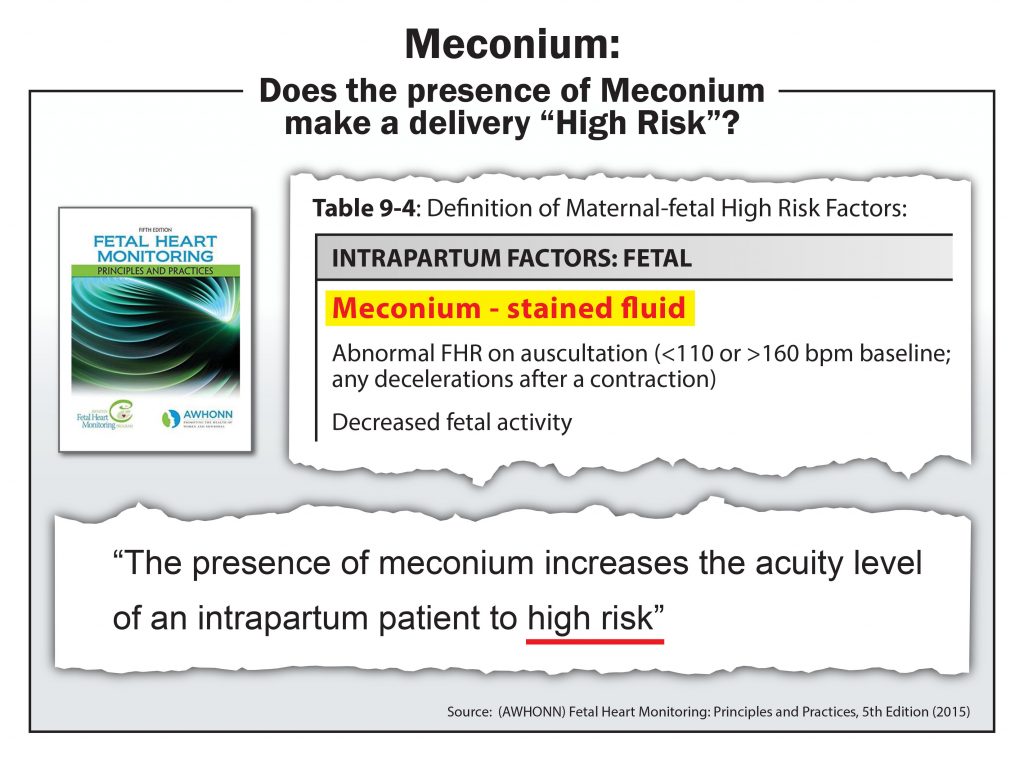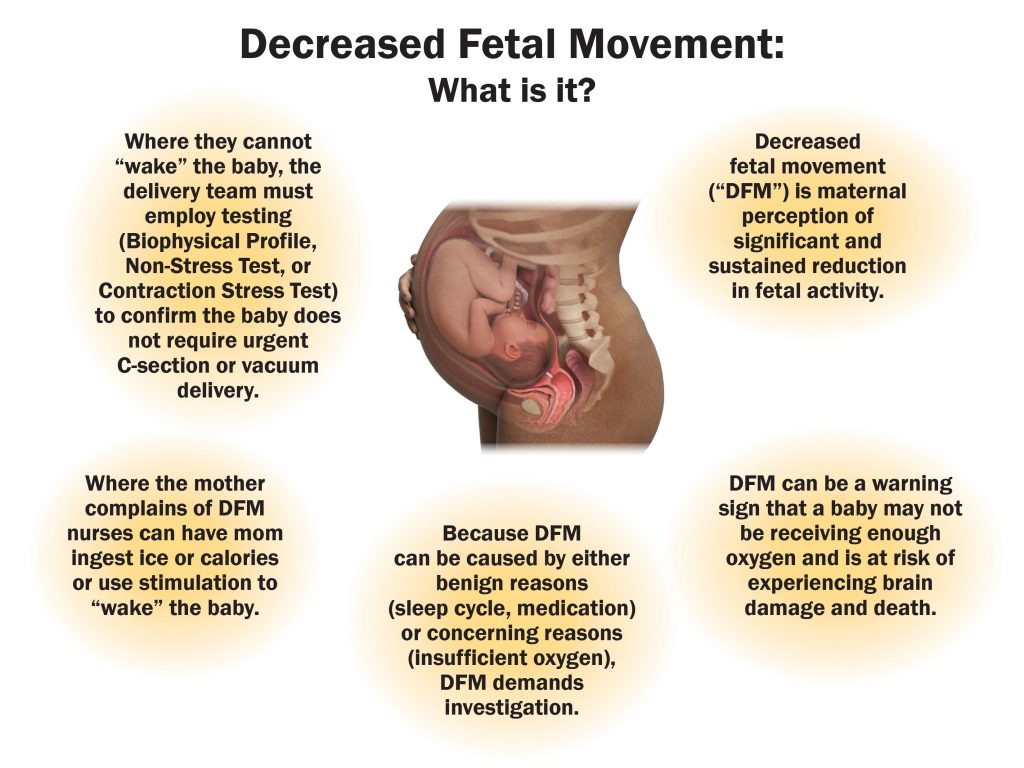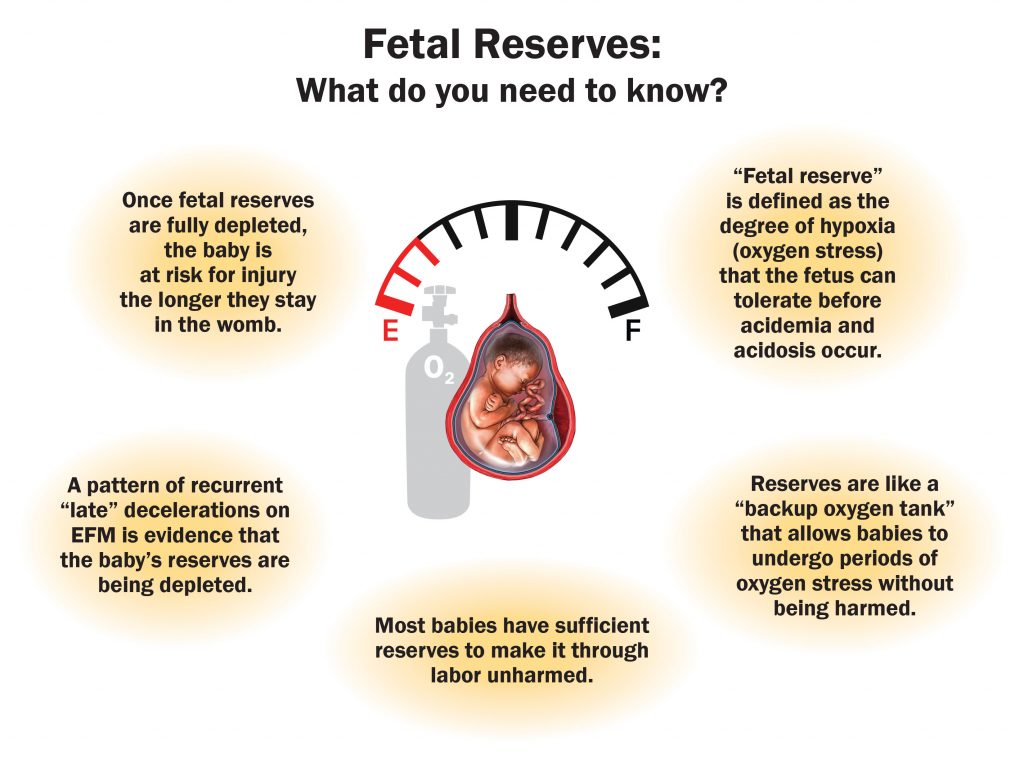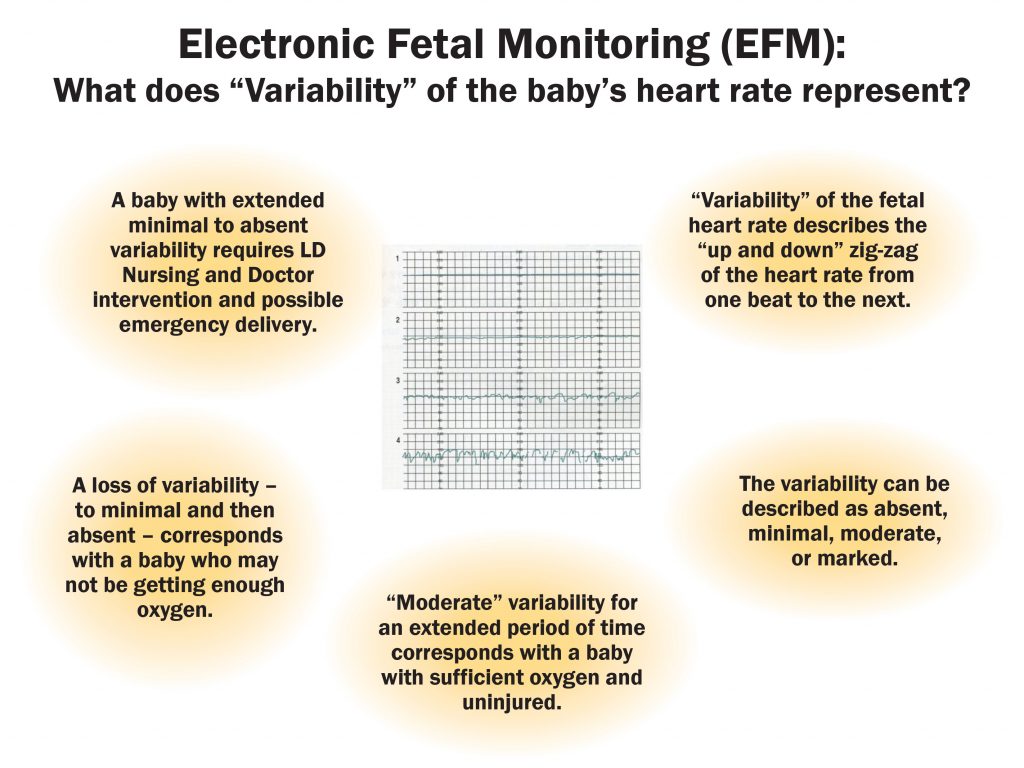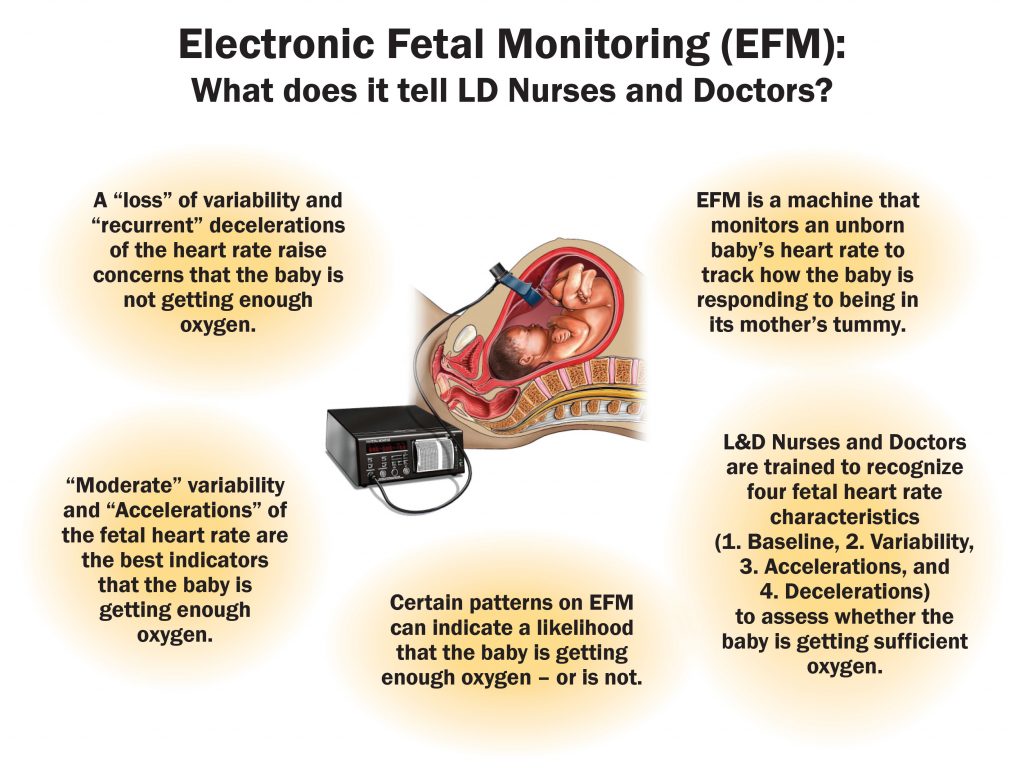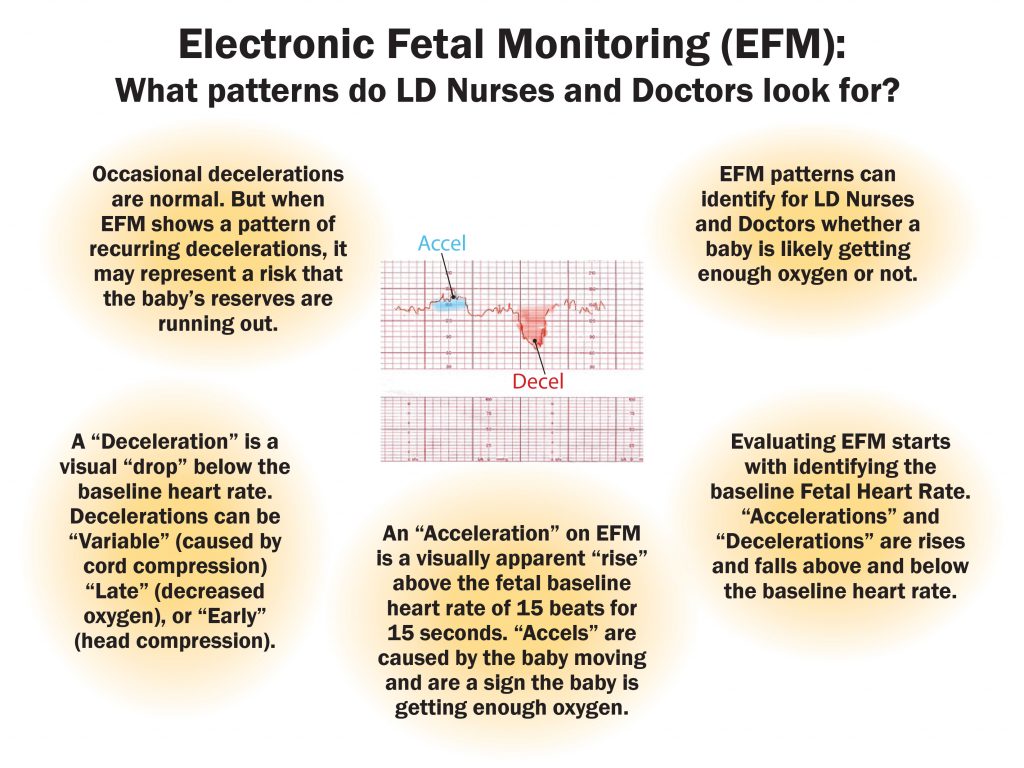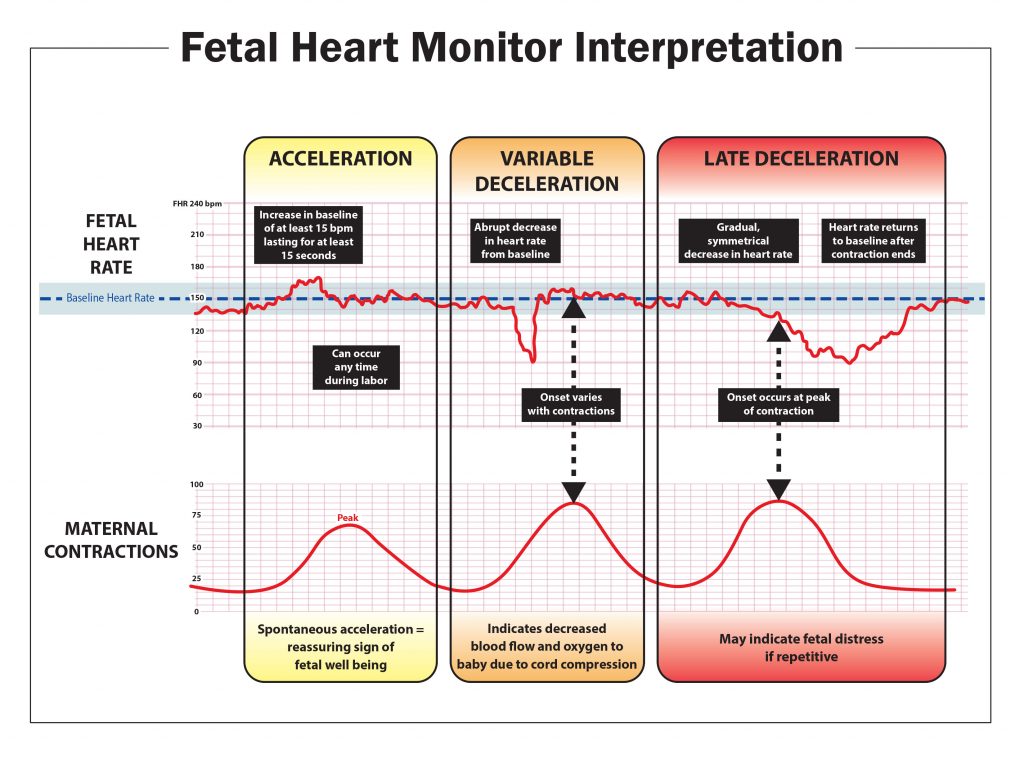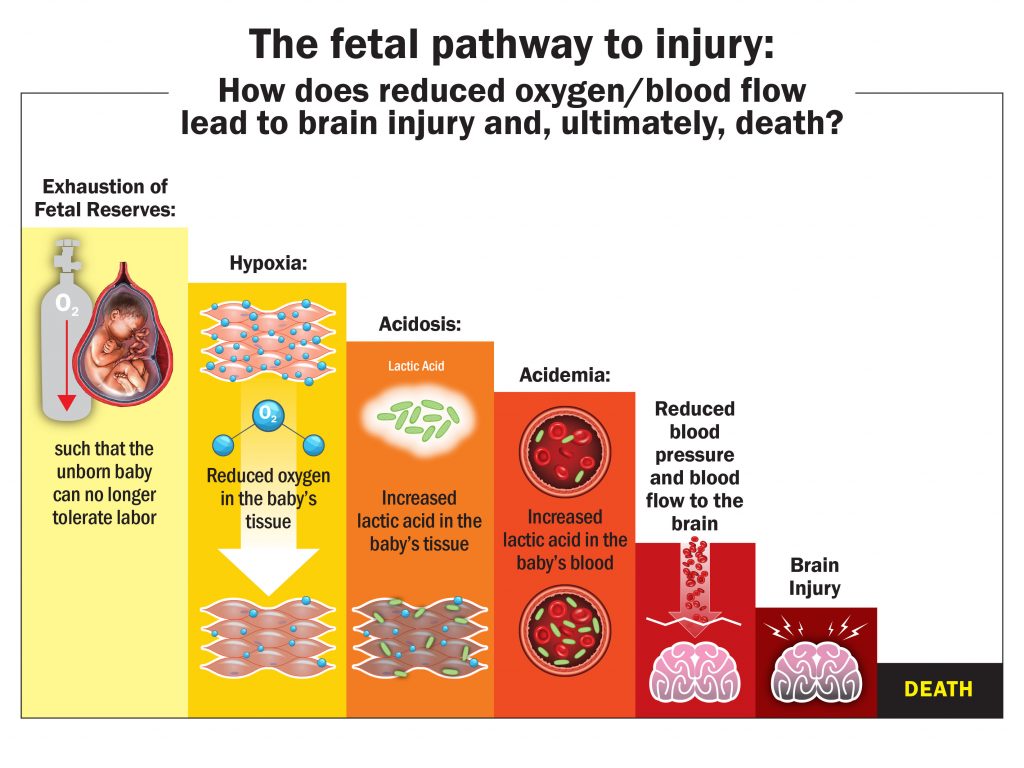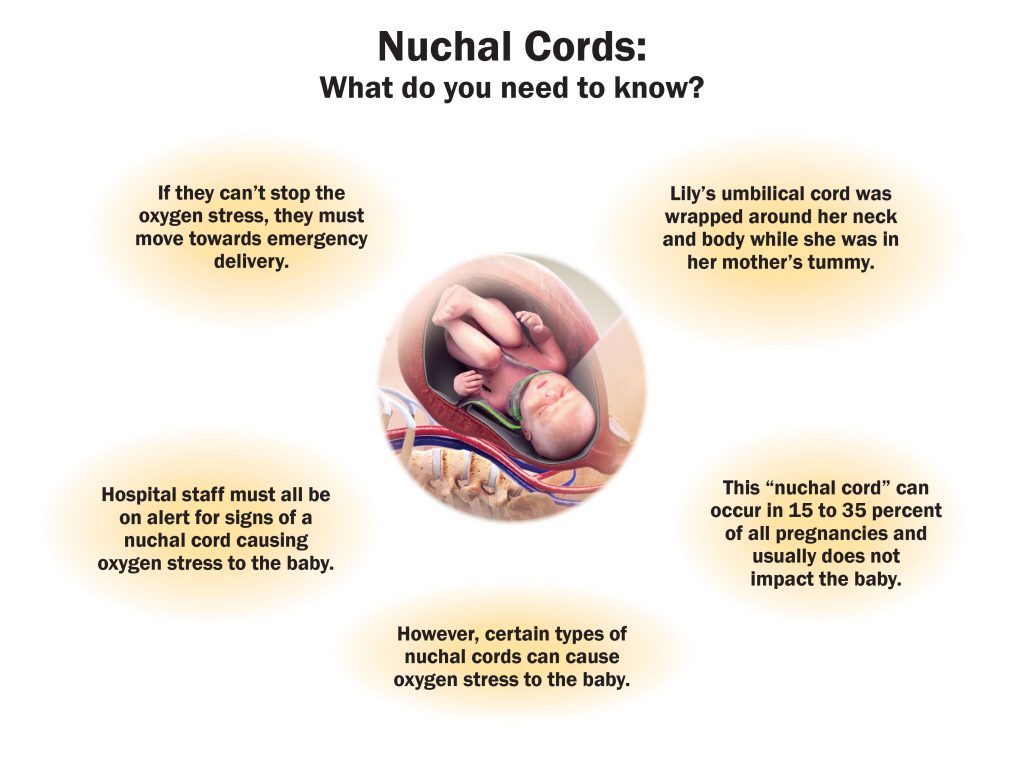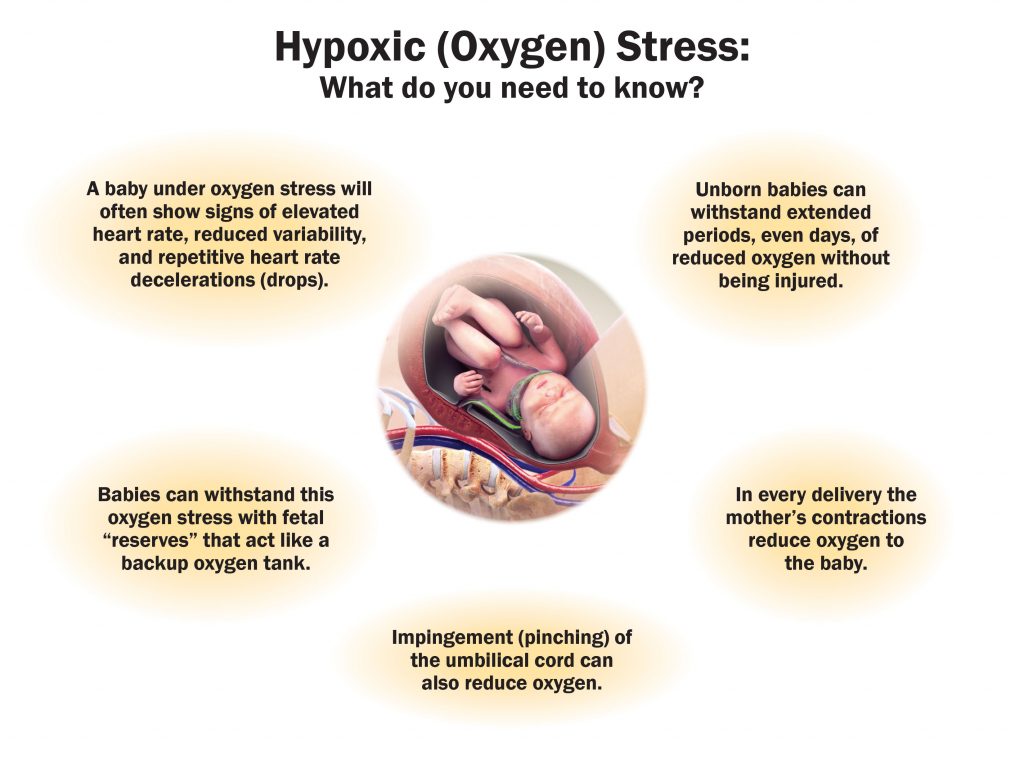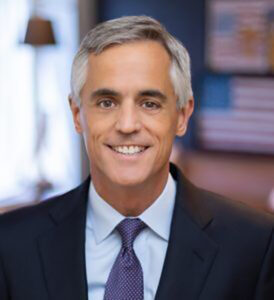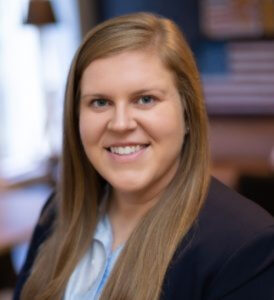This week’s post is the third in a series of resources for those with cerebral palsy (CP), a condition resulting from injuries to a child’s brain while in the womb or at birth, and their loved ones. In the last two posts, we have discussed the kinds of people and medication available to help children with CP “enjoy near-normal adult lives,” given that disabilities are “properly managed,” according to the National Institute of Neurological Disorders and Stroke (NINDS). This week, we discuss surgical procedures that may help lessen some of the symptoms of CP.
Surgery
Both the NINDS and the Mayo Clinic list two different types of surgery available for those with certain symptoms of CP: orthopedic surgery and surgery to cut nerves.
Orthopedic surgery – According to the NINDS, orthopedic surgery may be appropriate when “spasticity and stiffness are severe enough to make walking and moving about difficult or painful.” These surgeries can help with some of the symptoms of CP by lengthening muscles and tendons that are too short in relation to the child’s limbs, thereby improving mobility.
However, the NINDS warns that tendon surgery could have “negative long-term consequences.” The Mayo Clinic also states that children suffering from severe contractures or deformities might require surgery “to place their arms, hips or legs in their correct positions.” To determine whether surgery is necessary, a surgeon may request a gait analysis.
Surgery to cut nerves – Also known as selective dorsal rhizotomy (SDR), nerve-cutting surgery can be recommended for severe spasticity and is often suggested as a last resort of sorts (“when all of the more conservative treatments–physical therapy, oral medications, and intrathecal baclofen-have failed to reduce spasticity or chronic pain,” according to the NINDS).
In this surgery, the surgeon will sever overactivated nerves serving the spastic muscles. While this surgery can in fact relax muscles and thereby reduce chronic pain, it can also cause numbness, according to the Mayo Clinic. Other side effects may include “uncomfortable sensations in limb areas once supplied by the severed nerve,” states the NINDS.
Other Assistance
Both the NINDS and the Mayo Clinic provide other avenues of assistance, such as therapy and assistive devices that can help children cope with effects of CP such as limited movement or speech impairments.
If your loved one suffers from cerebral palsy, call us for help. We will talk to you and review your case for free. The Tyrone Law Firm specializes in representing those who have suffered a devastating injury, such as birth injuries or traumatic brain injury resulting from the negligence of another. Our personal injury firm here in Atlanta has a very successful record of trying such cases.
Nelson Tyrone handles Brain Injury, Spine Injury and RSD/CRPS cases throughout the United States. He involves only the top medical, rehabilitation and life-care plan experts in the field. His results on behalf of clients include several of the largest settlements and verdicts on record.
You can reach us at 404-377-0017 or via email at admin@tyronelaw.com. If we can’t help you, we will do our best to put you into the hands of lawyers who can.
Additional Resources
- National Institute of Neurological Disorders and Stroke, “Cerebral Palsy: Hope Through Research“
- Mayo Clinic, “Cerebral Palsy“
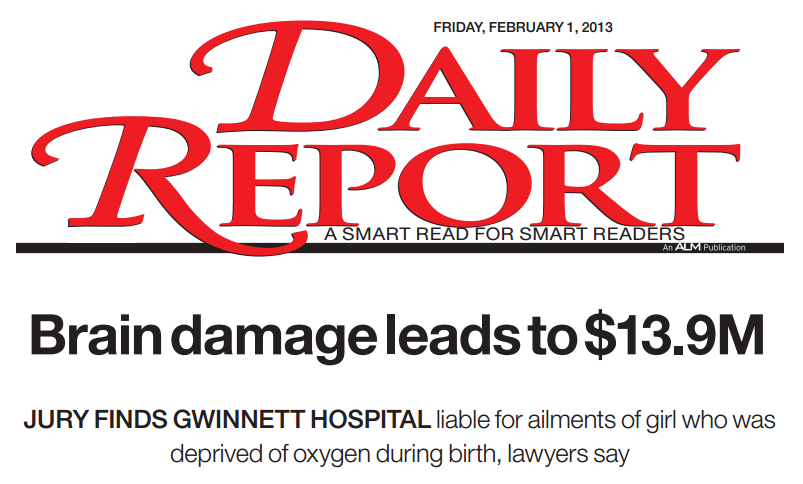
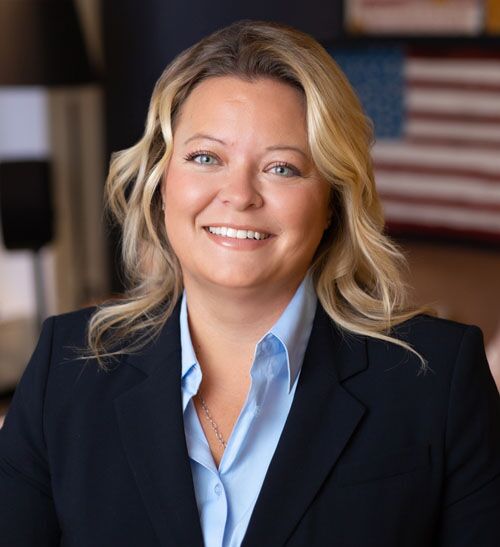
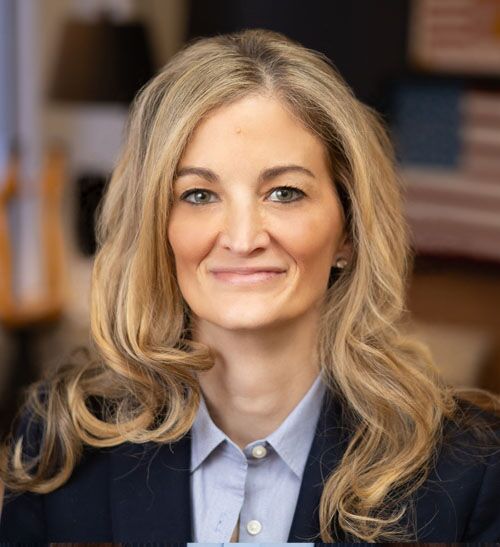
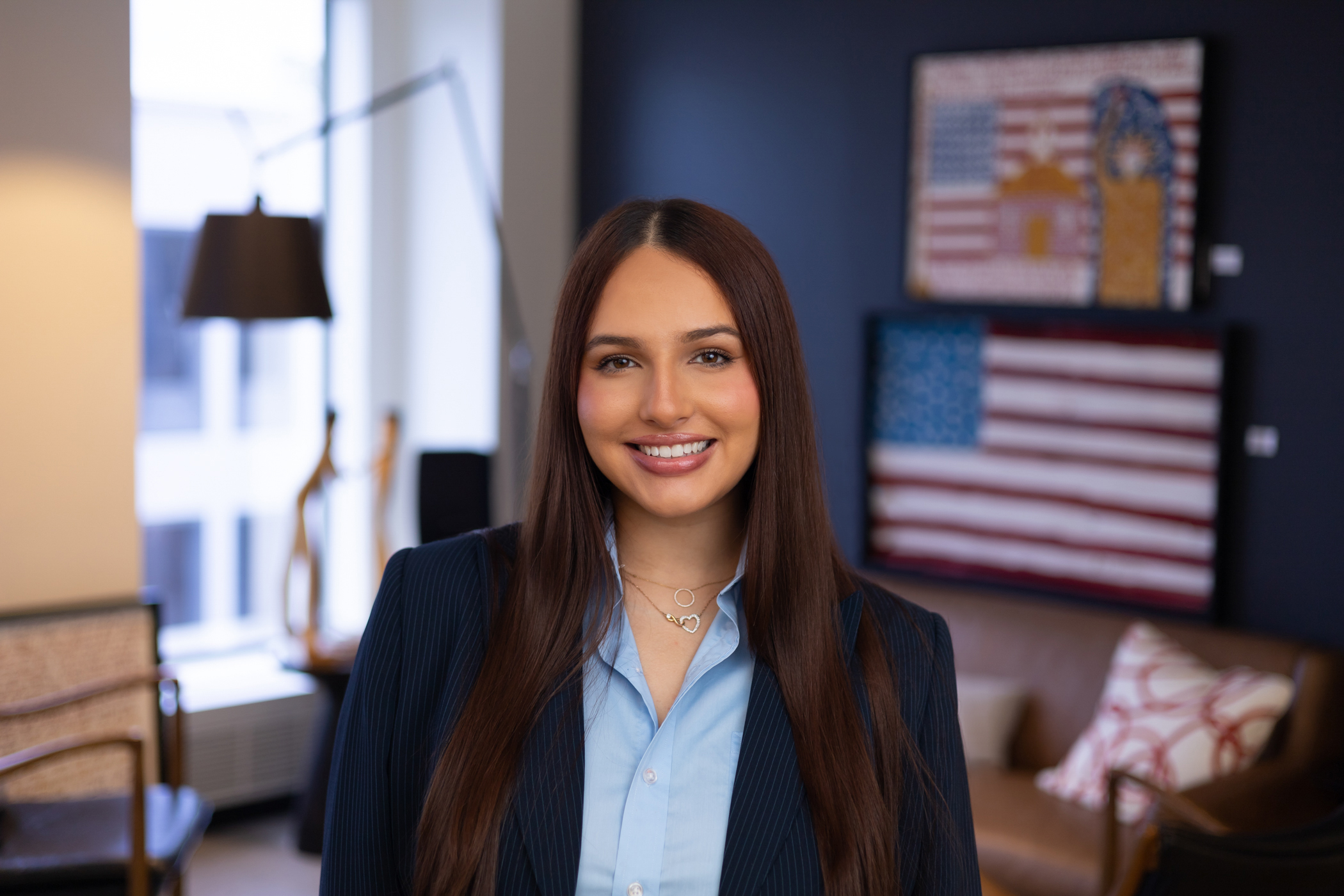
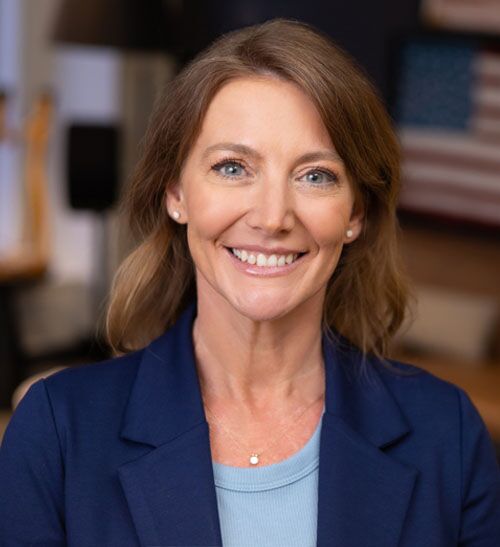 Hayley serves as a Labor and Delivery Nurse Consultant for the Tyrone Law Firm. She attended and graduated Cum Laude from the University of Georgia in 2004 with a Bachelor of Arts degree in Journalism/Public Relations. After graduation she moved to the gulf coast where she pursued a career in real estate and development.
Hayley serves as a Labor and Delivery Nurse Consultant for the Tyrone Law Firm. She attended and graduated Cum Laude from the University of Georgia in 2004 with a Bachelor of Arts degree in Journalism/Public Relations. After graduation she moved to the gulf coast where she pursued a career in real estate and development.